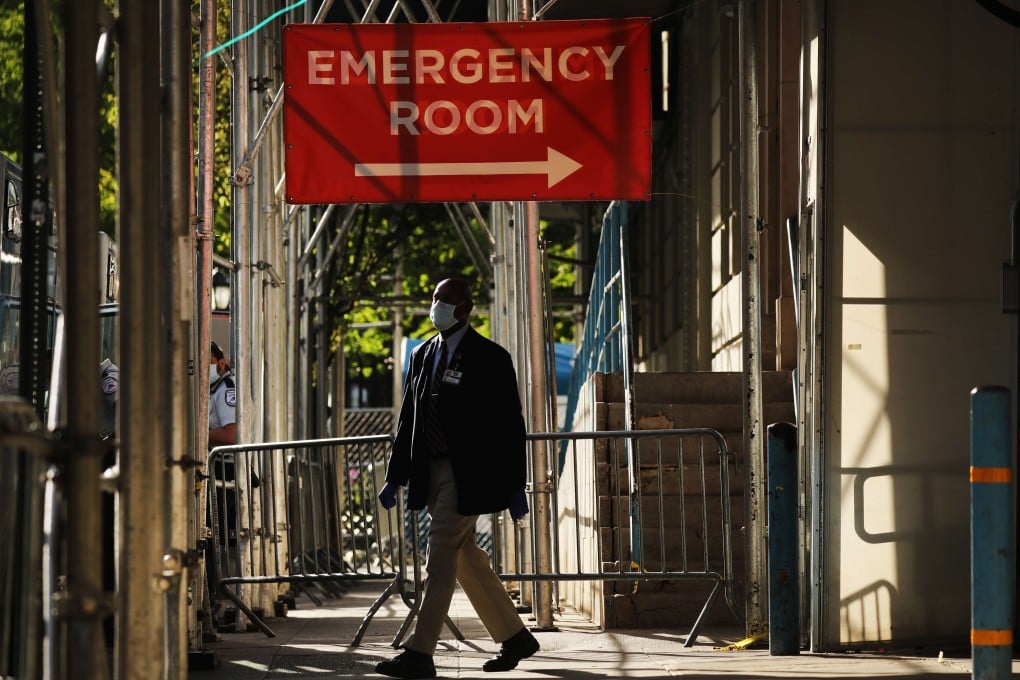Advertisement
Expect post-coronavirus economic recovery to be slow, bumpy and prone to relapse, in China and everywhere else
- As lockdowns ease and economic activities resume for China, to be followed before long by Europe and the US, there is little hope that life will go on as before. The impact of lost jobs and numerous business and personal decisions will ripple out for months to come
Reading Time:4 minutes
Why you can trust SCMP

Britain’s Automobile Association recently carried out a survey titled “Life after Lockdown”. Respondents believe they will do more exercise and have more non-digital interaction with family after the lockdown ends – that sounds like cabin fever to me. Nine per cent expect to do more volunteering in the community.
In Hong Kong, the country parks have been greatly enjoyed by many anew in the good weather occasioned by the drop in pollution from China.
Near my flat, the lack of the unrestricted noise of helicopters and jetfoils going to Macau has been a blessing – I hadn’t realised that birdsong could be so loud.
Advertisement
Yet, as we have seen after the opening up of bars in Hong Kong, the 8 per cent in the UK who said that the first thing they would do is go to the pub is a wild underestimate. The top activity for many will be a haircut. As a result of thinking that barber shops were closed, along with hairdressers and beauty salons, until yesterday I looked like one of the Founding Fathers.

Advertisement
As the world wakes up, we would hope for some indications as to the economy opening up from the experience across the border. Yet, so far, the China recovery experience has been cautious. Another survey, this time in the US, showed that people will shun high-density events, like cinemas and concerts, for a while.
Advertisement
Select Voice
Choose your listening speed
Get through articles 2x faster
1.25x
250 WPM
Slow
Average
Fast
1.25x
